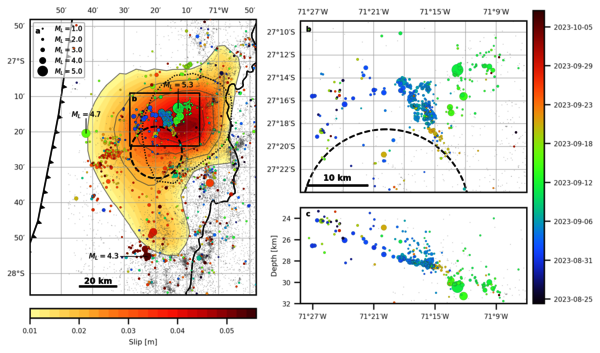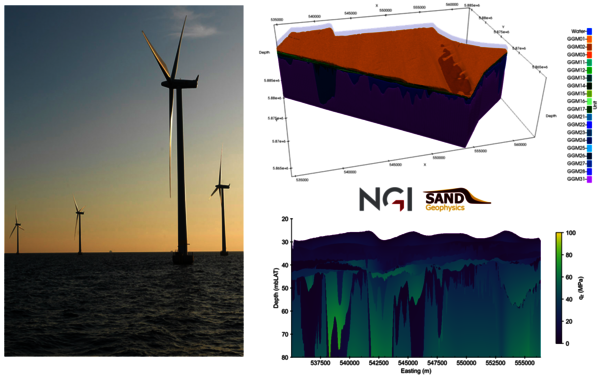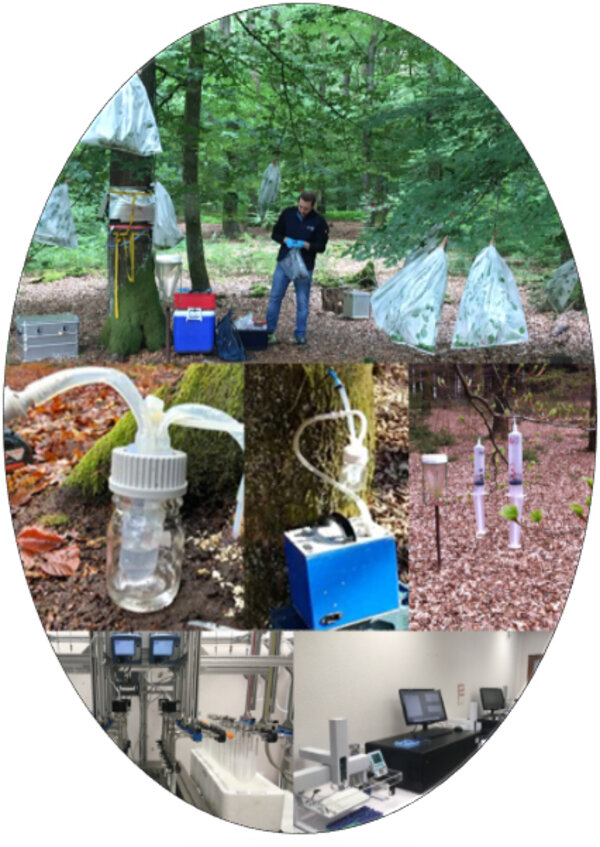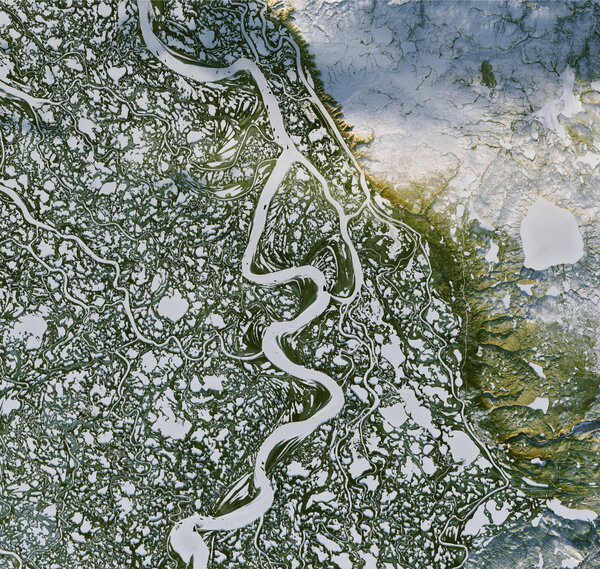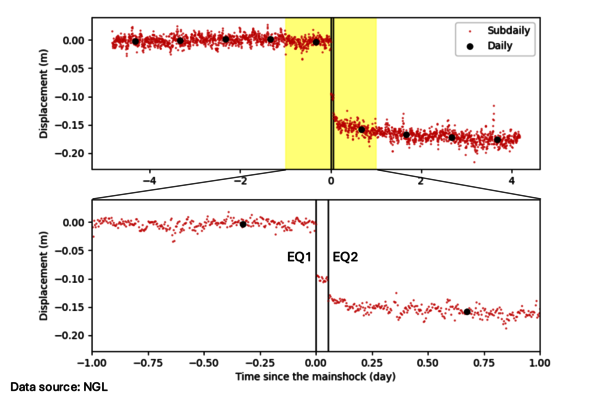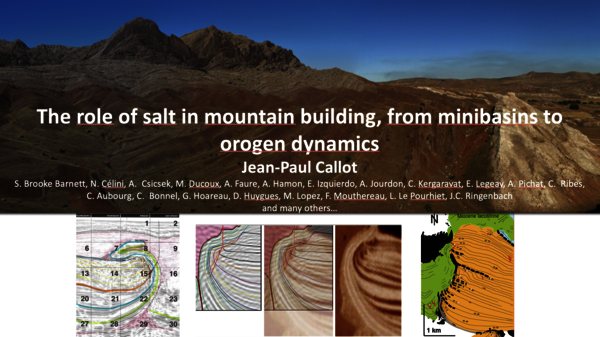
Jean-Paul Callot, Université de Pau
Salt tectonics in mountain belts: from minibasins to orogen dynamic… JP Callot* LFCR, Laboratoire des Fluides Complexes et leurs Réservoirs, CNRS-UPPA, E2S UPPA, Université de Pau et des Pays de l’Adour, Avenue de l’Université 64013 Pau Abstract: Evaporites levels have long been…

